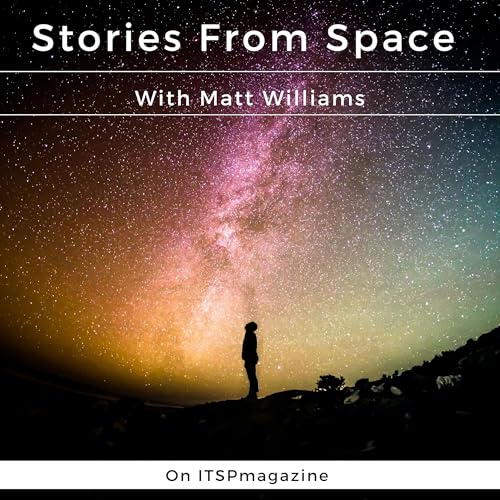In this Brand Story episode, Marco Ciappelli and Sean Martin sit down with Danny Jenkins, CEO and co-founder of ThreatLocker, to uncover the fascinating journey and innovative approach of ThreatLocker in the cybersecurity realm. The episode sheds light on the company’s mission, the challenges it faces, and the transformative solutions it offers.
Danny Jenkins recounts the origin story of ThreatLocker, beginning with his early career in IT and his fortuitous stumble into cybersecurity. He explains how witnessing firsthand the devastating impact of ransomware led to the inception of ThreatLocker. His experience with ethical hacking and ransomware recovery highlighted a critical need for more effective IT security solutions, enabling Jenkins to spearhead the development of ThreatLocker with a central philosophy: deny by default.
ThreatLocker’s primary goal is to help organizations implement a zero trust framework by making it as simple and automated as possible. Jenkins emphasizes that effective security requires blocking untrusted software and limiting what trusted software can do. He articulates the importance of learning the intricacies of each environment ThreatLocker protects, from small businesses to massive enterprises like JetBlue. By examining each endpoint and understanding the specific software and dependencies, ThreatLocker ensures that systems remain secure without disrupting daily operations.
One of the key aspects discussed is ThreatLocker’s unique human element combined with technological innovation. Jenkins introduces the concept of their 'cyber hero' team, dedicated to providing 24/7 support. This team is crucial, especially when onboarding new clients or assisting those already affected by ransomware. This commitment to customer service underscores ThreatLocker’s philosophy of not only providing top-tier solutions but ensuring they are successfully implemented and maintained.
Jenkins also touches upon the broader industry challenges, specifically the common pitfalls enterprises fall into by relying on endpoint detection and response (EDR) systems alone. He argues that such systems are often reactive, addressing symptoms rather than root causes. ThreatLocker’s approach, focusing on proactive prevention and least privilege access, aims to mitigate vulnerabilities before they can be exploited.
Finally, Jenkins discusses the future vision for ThreatLocker, highlighting continued growth and innovation. The company’s commitment to maintaining high support levels while expanding its product offerings ensures it remains at the forefront of cybersecurity solutions. Events like Zero Trust World serve as educational opportunities for clients to deepen their understanding and enhance their security postures.
Overall, this episode provides an in-depth look at ThreatLocker’s strategic approach to cybersecurity, emphasizing the importance of proactive prevention, customer service, and continuous improvement.
Learn more about ThreatLocker: https://itspm.ag/threatlocker-r974
Note: This story contains promotional content. Learn more.
Guest: Danny Jenkins, CEO of ThreatLocker [@ThreatLocker]
On LinkedIn | https://www.linkedin.com/in/dannyjenkinscyber/
Resources
Zero Trust World Conference: https://itspm.ag/threat5mu1
Learn more and catch more stories from ThreatLocker: https://www.itspmagazine.com/directory/threatlocker
View all of our HITRUST Collaborate 2024 coverage: https://www.itspmagazine.com/hitrust-collaborate-2024-information-risk-management-and-compliance-event-coverage-frisco-texas
Are you interested in telling your story?
https://www.itspmagazine.com/telling-your-story
 7 mins
7 mins 7 mins
7 mins 37 mins
37 mins 28 mins
28 mins 39 mins
39 mins Nov 19 20242 mins
Nov 19 20242 mins 2 mins
2 mins Nov 16 202423 mins
Nov 16 202423 mins